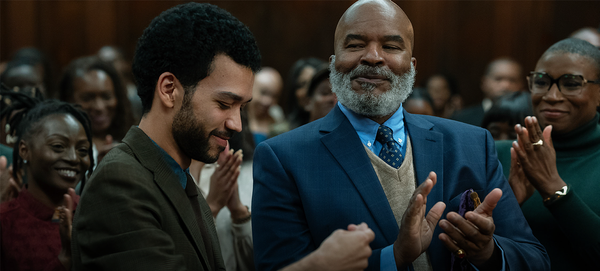New Year's Day and Black-Eyed Peas: Understanding the African American Culinary Tradition
The tradition of eating black-eyed peas on New Year’s Day holds a special place in African American households.

Introduction:
The tradition of eating black-eyed peas on New Year’s Day holds a special place in African American households. As families across the nation prepare this humble yet significant dish, they not only celebrate a new beginning but also connect with a deep and complex history that traces back to their African roots and the era of slavery in America.
Historical Roots and Significance:
The black-eyed pea, a staple in Southern cuisine, originally from West Africa, was brought to America through the Atlantic slave trade. Cultivated by enslaved Africans on plantations, these peas became a vital part of their diet and a symbol of resilience. During the Civil War, these peas were overlooked by Union troops during raids, making them a crucial survival food for the Confederates, further embedding them into Southern culture as a symbol of luck and perseverance.
Culinary Traditions and Superstitions:
In African American culture, black-eyed peas are traditionally served in Hoppin' John, a dish combining peas with rice and pork, symbolizing prosperity. Accompanied by collard greens and cornbread, representing wealth and gold respectively, this meal is a New Year’s staple. Some even add a coin to the cooking pot for extra luck.
Reflection on the Future of the Tradition:
While this tradition is a testament to the endurance and cultural heritage of African Americans, it also brings to the fore a significant question: Should this tradition, with its roots in a painful history, continue? This query is subjective and varies across individuals and communities. For some, it's a celebration of survival and resilience, a culinary tribute to the strength of ancestors. For others, it might be a reminder of a traumatic past, and letting go could be seen as a step towards healing and creating new, unburdened traditions.
Conclusion:
Deciding whether to uphold or let go of the tradition of eating black-eyed peas on New Year's Day is deeply personal. It reflects individual and community perspectives on history, cultural identity, and the meanings we attach to our practices. As we navigate these choices, it's important to engage in open dialogue, reflecting on how these traditions align with contemporary values and beliefs. Whether we choose to continue or evolve these traditions, the most important aspect is the ongoing journey of cultural growth, shaped by our collective experiences and introspection.
(Summary based on the historical context and cultural significance discussed in sources including Mental Floss【6†source】, The Columbian【7†source】, Modern Farmer【8†source】, and Mashed【9†source】)





